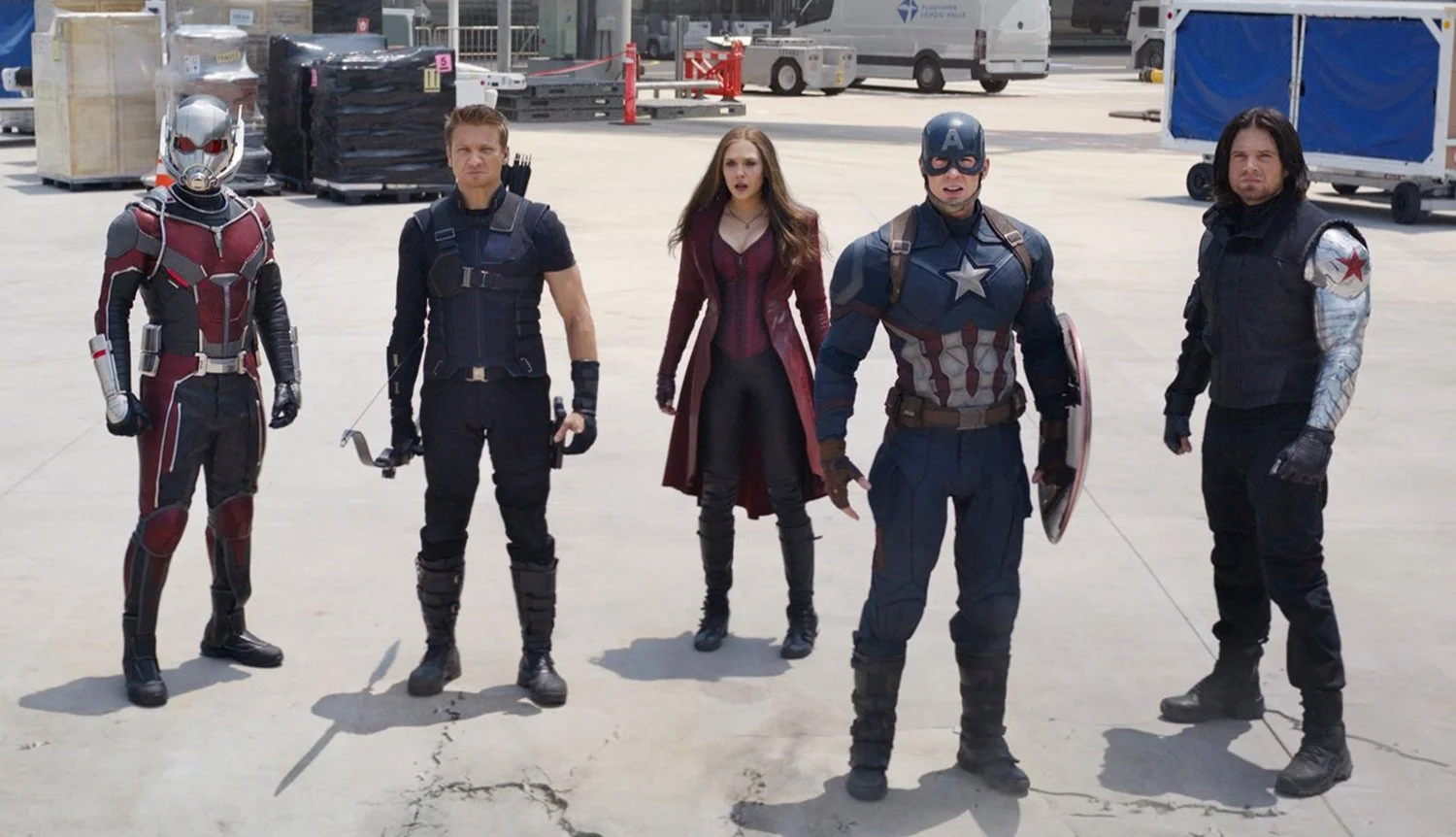What Comes After the Multiverse?
Closing the Loop: The End of the Multiverse Saga
The Multiverse Saga has been Marvel’s most ambitious narrative arc to date, stretching across films and Disney+ series with timelines colliding, variants multiplying, Dr. Doom looming large. With Avengers: Doomsday and Avengers: Secret Wars likely to serve as the grand finale, we’re on the cusp of a major shift in the MCU. These films are expected to bring an epic convergence of characters and realities—a narrative culmination that redefines what the MCU is and what it can be.
But with so many plotlines intersecting and realities folding in on themselves, Marvel faces a critical question: What’s next? The studio can't continue expanding outward indefinitely without losing narrative clarity. A clean break—or a universal “reset”—could be both a necessity and a creative opportunity. Secret Wars, in particular, is rumored to end with a new, streamlined continuity—a perfect exit ramp from the cosmic and the chaotic.
And with that reset comes a chance for Marvel to find its roots again. The Infinity Saga succeeded not just because of its spectacle, but because it built character-driven, emotionally resonant stories—from Iron Man’s redemptive arc to the ideological clash in Civil War. The Multiverse Saga has lacked some of that grounded energy. Whatever comes next, Marvel has the opportunity—and the need—to re-center its storytelling around people, not just powers.
Disney
Mutants Incoming: X-Men, Omega-Level Threats, and the Future of Power
While the Multiverse Saga has spotlighted gods, witches, and quantum rebels, the next phase seems primed to finally center the mutants—a long-anticipated addition following Disney’s acquisition of Fox. The groundwork is already there: Ms. Marvel ended with a major mutant tease, Deadpool & Wolverine is multiverse-adjacent, and Professor X made his multiversal cameo in Multiverse of Madness. The X-Men aren’t coming—they’re already here.
More exciting than simply introducing familiar characters like Wolverine or Storm is the potential to explore omega-level threats—mutants whose powers transcend traditional limitations. Characters like Magneto, Jean Grey, and Legion represent a level of raw potential that could rival the cosmic forces of Thanos or Kang. These aren't just superheroes—they're forces of nature. And after the multiverse closes, now’s the perfect time to reintroduce stakes that are deeply rooted in Earth—but just as massive.
Disney
Mutants also offer the chance to return to more intimate, grounded themes. Identity. Prejudice. Belonging. These stories don’t just entertain—they say something. Much like Iron Man tackled trauma and accountability or Civil War explored security vs. freedom, the X-Men mythos has always been a reflection of real-world struggles. If Marvel wants to regain the emotional heft of its earlier phases, the path forward runs straight through Charles Xavier’s school.
Beyond the Main Stage: Alternate Avengers and the Evolution of the Franchise
If Marvel opts not to focus entirely on mutants post-Multiverse, there’s still a rich bench of Avengers-adjacent teams to draw from. The original Avengers are mostly gone or transformed, but that opens the door to groups like the New Avengers, the Young Avengers, or even the Dark Avengers. Each of these teams brings a unique tone, cast dynamic, and thematic focus—perfect for keeping the MCU fresh without retreading old ground.
The New Avengers could feature returning characters like Doctor Strange, Spider-Man, and Captain Marvel working alongside new heavy hitters like Shang-Chi or Blade. The Young Avengers have already begun forming behind the scenes with characters like Kate Bishop, America Chavez, and Cassie Lang introduced across various Disney+ series. And a darker team—like the Thunderbolts or Dark Avengers—could lean into morally gray antiheroes or government-sanctioned substitutes for fallen icons.
GamesRadar
These storylines work best when they focus not just on what happens—but on why it matters. That’s the formula that made Civil War resonate. It wasn’t just about superheroes punching each other—it was about friends divided by principle, fear, and consequence. If Marvel wants to recapture the magic, the next Avengers teams must feel like more than just rosters—they have to feel like real people navigating real conflicts in a world that no longer has a clear line between right and wrong.
Return to Form: Resetting Without Repeating
The upcoming Secret Wars film presents a rare opportunity to not just end a saga, but to reshape the future. A post-multiverse MCU doesn't need to be bigger or more convoluted—it needs to be better. And better, in Marvel’s case, often means smaller, more human, and more focused. The early phases worked because they gave us reasons to care. Tony Stark wasn’t just Iron Man—he was a man trying to outrun his past. Steve Rogers wasn’t just Captain America—he was a relic trying to live with modern ideals.
The MCU’s next chapter could thrive by telling more personal, character-focused stories—even if the stakes are cosmic. Let omega-level mutants wrestle with their humanity. Let a new generation of Avengers grow into their roles while questioning the old guard. Let failure, sacrifice, and legacy mean something again. Marvel doesn’t have to top Endgame—it just needs to make us feel something like we did during Iron Man or Civil War.
In many ways, the post-Multiverse era is a chance for Marvel to course-correct and rediscover the storytelling DNA that made it a cultural juggernaut in the first place. Bigger may sell tickets, but better builds loyalty. And if Marvel chooses grounded stakes, sharp character arcs, and meaningful consequences over spectacle alone, the next era could be its most powerful—and personal—yet.




